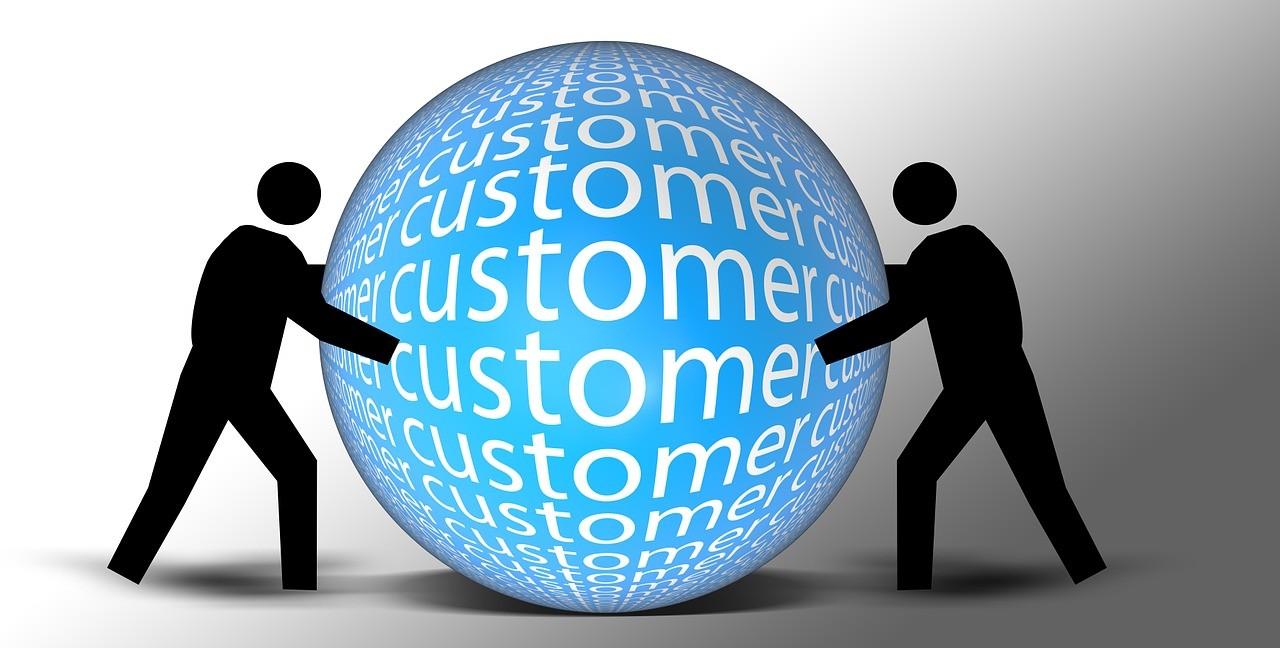
Digital Disruption: customers buy experiences not products
recent CBS news segment showed that while major American hotel chains were just beginning to build their properties in Cuba, AirBnB already had several thousand properties for its customers to choose from. In an era of this kind of digital disruption, it should come as no surprise that the President of Hyatt hotels claims “customers today buy experiences not products”. As Hyatt and Marriott have discovered the physical room is no longer enough to win against new age market disruptors like AirBnB.
In Hyatt’s case, they are using customer data to discover patterns that will enable their hotels to truly excel at customer service. For example, they are using the data they have on flight connections as well as the buying patterns of their top customers to deliver new forms of customer service. With this, if a top customer has missed flight connections or been significantly bumped during their travel day, they can for example use this customers purchase history to notice they have bought Apple Martinis the last three times that they were at Hyatt property. Armed with this knowledge they can deliver the drink just as the customer gets to their room regardless of the hour.
Meanwhile Marriott says that it is working to “craft a customer experience that is the right measure of high tech and highly personal” (WSJ, May 31,2016, page B5). According to Bruce Hoffmeister, Marriott’s CIO, the rise of mobility has given the company more opportunities to interact with its customers including before, during, and after a stay. It enables as well customers to skip the front desk at check-in, order room service, or login into their Netflix account at their hotel room.
Bruce Hoffmeister says this is a huge change for Marriott. In the past, technology was used by Marriott Associates to deliver services to guests. Today, they are enabling guests to consume services directly. This allows Marriott to have interactions with their guests—including me—at more touch points during a stay. Today, Hoffmeister says “we look at customer experience through the entire journey from the beginning when customers are considering a trip, shopping and booking the trip to the actual travel and stay, and the return home. There is a “life cycle of a stay” that every guest will go through on every single trip. We ask how are we able to touch and influence our guests during all parts of the journey to enable them to have a more meaningful and easier experience” (WSJ, May 31, 2016, page B5). Hoffmeister says that whatever they do here needs to be ease to use; intuitive, and just work.
What Stops Existing Firms from Moving from Product to Experience?
Why are most firms not able to respond to digital disruption in the way that Marriott and Hyatt have? And more particular as Jeanne Ross of MIT CISR says to best a startup by taking capabilities that others may or may not have and integrate them in ways that create something extraordinarily powerful. The answer is simple; their customer data is not in order. Their data problems typically fall into two areas. And these together limit the ability to driving a winning customer experience. First is while they can access their data, they have errors within their data. Simple things can be wrong. There can be multiple customer records for the same person, physical addresses can be inaccurate, internet addresses can be wrong, and the list goes on. Second is that in digital transformation 1.0 firms digitized their business processes one process at a time. This means that there is not only one system for capturing and managing customer information. This problem grows exponential where a firm has implemented acquisitions. In driving digital experience—in Jeanne Ross’ words making your customers love you, if this information is not in synch or can provide a complete customer picture, it is impossible to provide the type of customer service that Hyatt and Marriott are now delivering. This means that many organizations are going to soon discover that their company’s go forward right to win requires the ability to fix data inaccuracies and put together data in a way that enables predictive analytics to be built and an apple martini delivered to a customer when it matters.
Parting Remarks
In today’s world, “what industry can possibly be exempt from massive re-engineering now that every person on the planet is carrying the equivalent of a 1990 supercomputer in his or her pocket or purse?” (Zone to Win, Geoffrey Moore, page 23). Responding requires a mobile strategy but as important a customer data strategy. A successful customer data strategy as well requires the ability to move fast and being able with one platform to get customer data in place to compete on customer experience. The clock is ticking. It is time now to embrace the emerging digital economy. Otherwise, Deming’s pronouncement will soon be knocking on your door. “Change is not necessary because survival is not mandatory”.